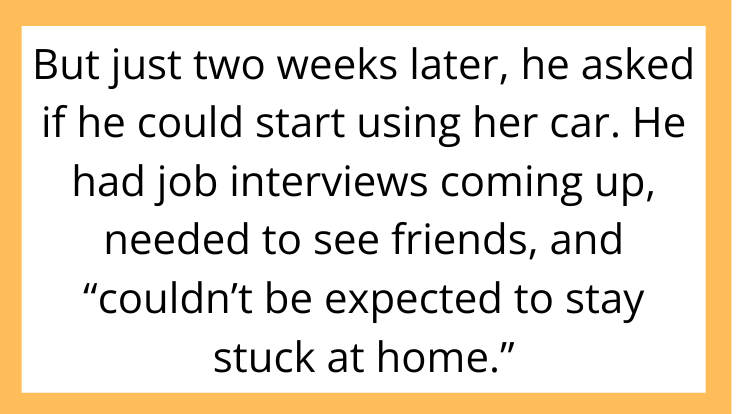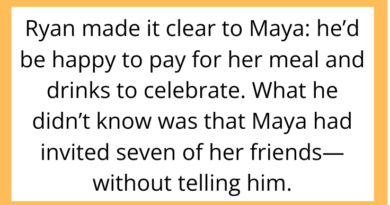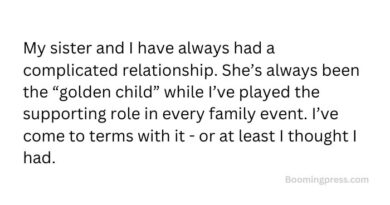AITAH for Not Letting My Boyfriend Take My Car Even Though He Sold His for Crypto?
Relationships require compromise, trust, and mutual respect—but what happens when one partner makes a risky financial move and expects the other to pick up the slack? In today’s AITAH-inspired breakdown, we explore the story of a woman caught between protecting her property and supporting her boyfriend’s questionable choices.
Let’s get into it.
The Story: A Car, a Gamble, and an Ultimatum

A 27-year-old woman—let’s call her Amina—shared her dilemma on the r/AITAH subreddit. Amina owns a modest, reliable car that she uses daily for commuting to work, running errands, and visiting family.
Her boyfriend, Jamal, 29, recently decided to sell his car—without discussing it with her—to invest in cryptocurrency. He was convinced it was a “once-in-a-lifetime” opportunity and claimed he’d triple his money in six months.
Amina was shocked. When she asked why he didn’t tell her beforehand, Jamal said it was “his car, his decision.”
But just two weeks later, he asked if he could start using her car. He had job interviews coming up, needed to see friends, and “couldn’t be expected to stay stuck at home.”
Amina said no.
That’s when the guilt-tripping began.
Jamal’s Reaction: “You’re Supposed to Support Me”
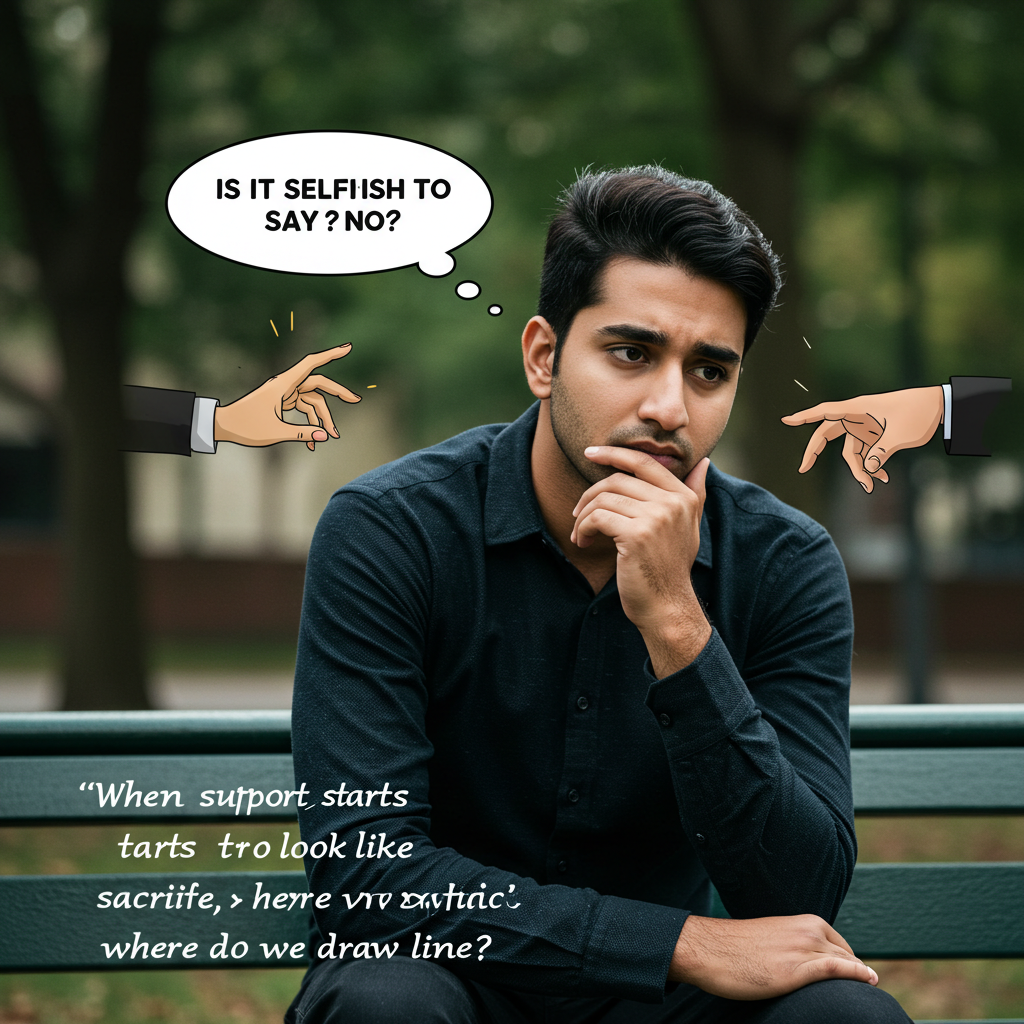
Jamal didn’t take the refusal well. He argued that as a couple, they should be sharing resources—and if roles were reversed, he would let her use his car. He claimed that she was being selfish, unsupportive, and too “materialistic” for valuing a car over his future.
Amina, feeling overwhelmed and unsure, turned to Reddit for judgment: AITAH for not letting my boyfriend take my car even though he sold his?
Drawing the Line: Personal Property in a Relationship

Why Amina Might Be Right
Let’s get one thing straight: Jamal made a major financial decision—selling his only mode of transportation—without involving Amina. Expecting her to accommodate him afterward, especially when her car is essential to her daily life, puts an unfair burden on her.
Her refusal isn’t about being selfish. It’s about boundaries and consequences.
Plus, let’s be honest: crypto investments are risky. Selling a vital asset like a car to chase speculative gains, then asking your partner to cover the gap, is reckless—not strategic.
Why Jamal Might Feel Entitled
To be fair, Jamal may not see himself as taking advantage. In his mind, relationships are about support—especially when chasing goals. He might believe Amina is holding onto her resources too tightly and that helping him now could benefit them both in the long run.
But intentions aside, the way he handled the situation—deciding unilaterally, then pressuring her for help—undermines trust and partnership.
Reddit Reacts: A Clear Consensus

Reddit didn’t hold back. The top comment, with over 10,000 upvotes, summed it up:
“He sold his car, not yours. He doesn’t get to make poor financial choices and then demand you bail him out. NTA.”
Another user added:
“The moment he chose not to include you in a major decision, he forfeited any right to expect shared resources. You’re not a villain. You’re being smart.”
Still, a handful of commenters warned that this situation might point to deeper issues—such as financial incompatibility or a lack of mutual respect.
Relationships and Resource Sharing: Where’s the Line?
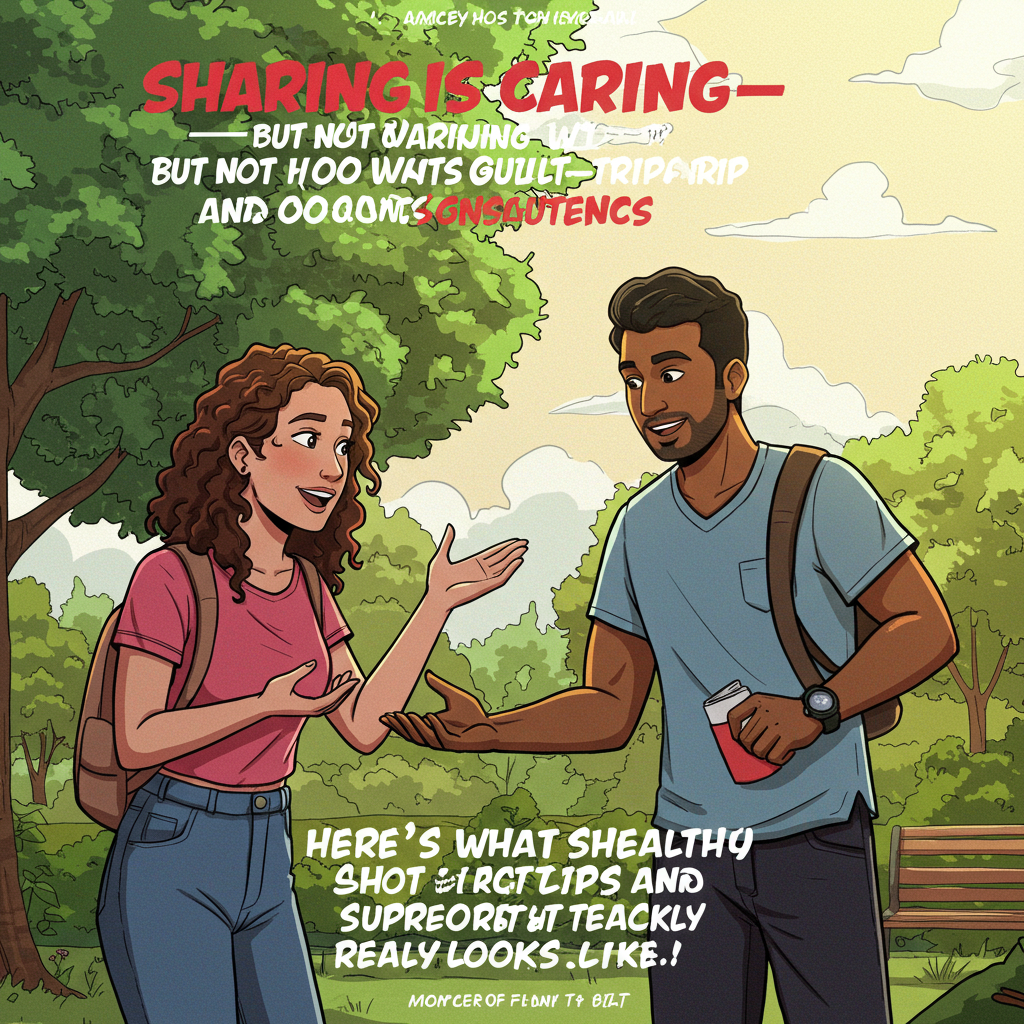
In healthy relationships, sharing is expected. But so is responsibility.
What Healthy Sharing Looks Like:
-
Joint decisions on big financial moves
-
Respecting boundaries and personal property
-
Offering help without expecting it as a right
What Crosses the Line:
-
Making risky or selfish decisions, then expecting bailouts
-
Guilt-tripping or manipulating your partner for their resources
-
Ignoring the impact your actions have on someone else’s livelihood
Amina didn’t say she wouldn’t help Jamal in any way—she just refused to give up her only car. That’s not cruelty; that’s self-preservation.
Could There Be a Compromise?

In some relationships, this situation might lead to brainstorming together:
-
Could Jamal use the car only on weekends?
-
Could they share rides where schedules overlap?
-
Could he find interim transport solutions (public transit, bike, ride-shares) while his investment matures?
But any compromise must start with accountability. Jamal would need to recognize that he made this situation—and he shouldn’t expect Amina to fix it without her consent.
Final Verdict: Not the Villain

No, Amina is not the villain. She has the right to protect her property, especially when the alternative could put her at a disadvantage. Sharing in a relationship doesn’t mean sacrificing your stability for someone else’s impulsive decisions.
